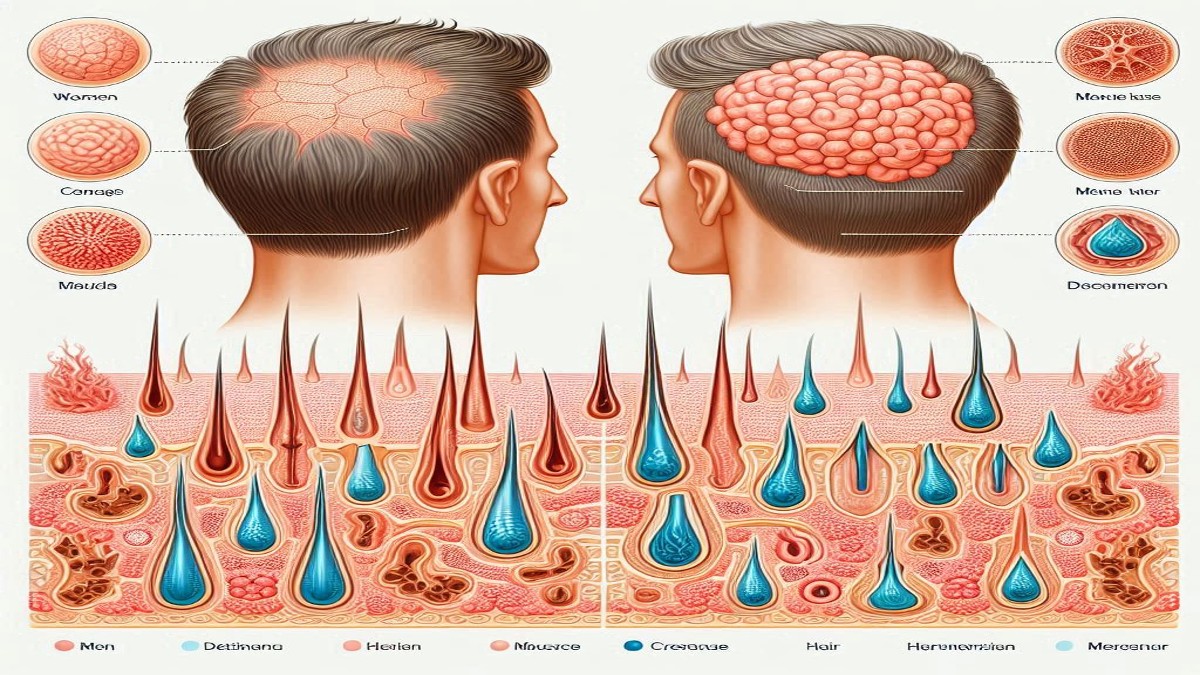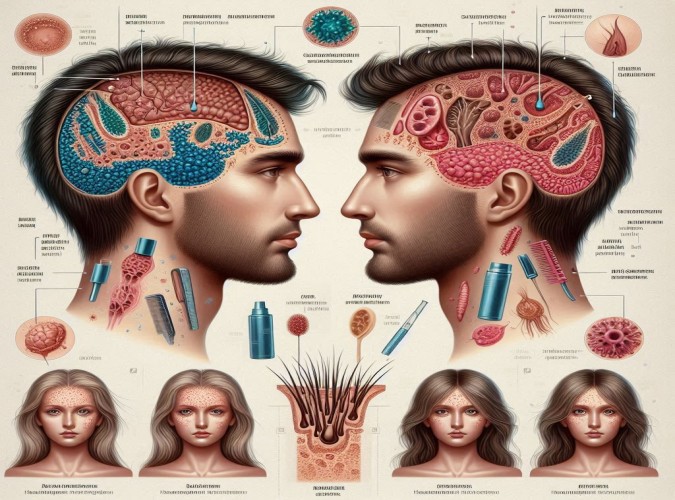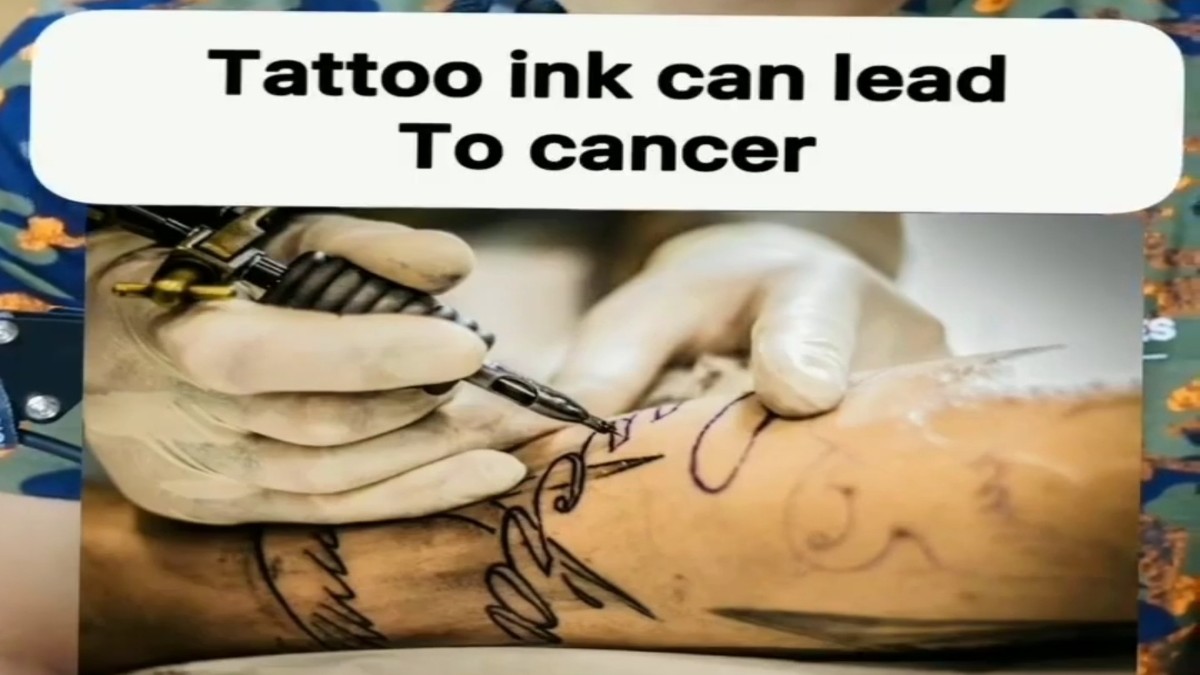
Hair Loss
Hair loss can be a distressing and frustrating experience, particularly when it is a side effect of medication. Whether you’re taking medication for a chronic condition or undergoing treatment for a temporary ailment, the prospect of losing your hair can be daunting. However, there is hope. In this comprehensive guide, we will explore the causes of medication-induced hair loss and delve into strategies and treatments that may help reverse it.
Understanding Medication-Induced Hair Loss
Hair loss caused by medication, also known as drug-induced alopecia, can occur as a side effect of a wide range of medications. These may include:
- Chemotherapy drugs: Used in the treatment of cancer, chemotherapy drugs are notorious for causing hair loss. This type of hair loss is usually temporary and reversible once treatment is completed.
- Anticoagulants: Medications used to prevent blood clots, such as heparin and warfarin, may cause hair thinning or hair loss in some individuals.
- Antidepressants: Certain antidepressant medications, including selective serotonin reuptake inhibitors (SSRIs) and tricyclic antidepressants, have been associated with hair loss as a potential side effect.
- Hormonal therapies: Hormonal medications, such as hormone replacement therapy (HRT) and oral contraceptives, can sometimes lead to hair loss, particularly in women who are genetically predisposed to androgenetic alopecia.
- Immunosuppressants: Drugs used to suppress the immune system, such as corticosteroids and methotrexate, may cause hair thinning or hair loss as a side effect.
It’s important to note that not everyone who takes these medications will experience hair loss, and the severity of the hair loss can vary widely from person to person.

Reversing Medication-Induced Hair Loss: Strategies and Treatments
While the prospect of medication-induced hair loss can be disheartening, there are steps you can take to potentially reverse or minimize its effects. Here are some strategies and treatments to consider:
- Consult with your healthcare provider: If you suspect that your medication is causing hair loss, it’s essential to discuss your concerns with your healthcare provider. They can evaluate your medical history, review your current medications, and determine if there are alternative treatments available that may be less likely to cause hair loss.
- Address underlying conditions: In some cases, medication-induced hair loss may be a symptom of an underlying medical condition. By treating the underlying condition, you may be able to improve the health of your hair. For example, if your hair loss is related to thyroid dysfunction, addressing thyroid imbalances through medication or other interventions may help.
- Consider topical treatments: Over-the-counter topical treatments, such as minoxidil (Rogaine), may help promote hair growth and prevent further hair loss. Minoxidil works by increasing blood flow to the scalp and stimulating hair follicles. It is available in various strengths and formulations, including foams and solutions, and can be applied directly to the scalp once or twice daily.
- Explore nutritional supplements: Certain nutritional supplements, such as biotin, zinc, and iron, may support hair health and growth. Biotin, in particular, is often touted for its potential benefits in promoting healthy hair, skin, and nails. However, it’s essential to consult with your healthcare provider before starting any new supplements, as they may interact with other medications or have adverse effects.
- Try low-level laser therapy (LLLT): Low-level laser therapy, also known as red light therapy or cold laser therapy, has been studied as a potential treatment for hair loss. LLLT works by stimulating hair follicles and promoting hair growth. Devices such as laser caps or helmets are available for home use, or you may opt for in-office treatments at specialized clinics.
- Explore alternative therapies: Some individuals may find relief from medication-induced hair loss through alternative therapies such as acupuncture, scalp massage, or aromatherapy. While these approaches may not have robust scientific evidence to support their efficacy, they may offer benefits in terms of relaxation and stress reduction, which can indirectly support hair health.
- Consider hair transplant surgery: In cases of severe or persistent hair loss, hair transplant surgery may be an option. During a hair transplant procedure, hair follicles are harvested from areas of the scalp where hair growth is robust (donor sites) and transplanted to areas of thinning or balding (recipient sites). While hair transplant surgery can be an effective and permanent solution for hair loss, it is also a significant undertaking that requires careful consideration and consultation with a qualified surgeon.
Conclusion
Medication-induced hair loss can be a challenging and distressing side effect of certain medications. However, by understanding the underlying causes and exploring potential treatments and strategies, it may be possible to reverse or minimize its effects. If you are experiencing hair loss as a result of medication, it’s essential to discuss your concerns with your healthcare provider, who can help you explore your options and develop a personalized treatment plan tailored to your needs. Remember, you are not alone, and there is help available to support you on your journey to healthier, happier hair.






